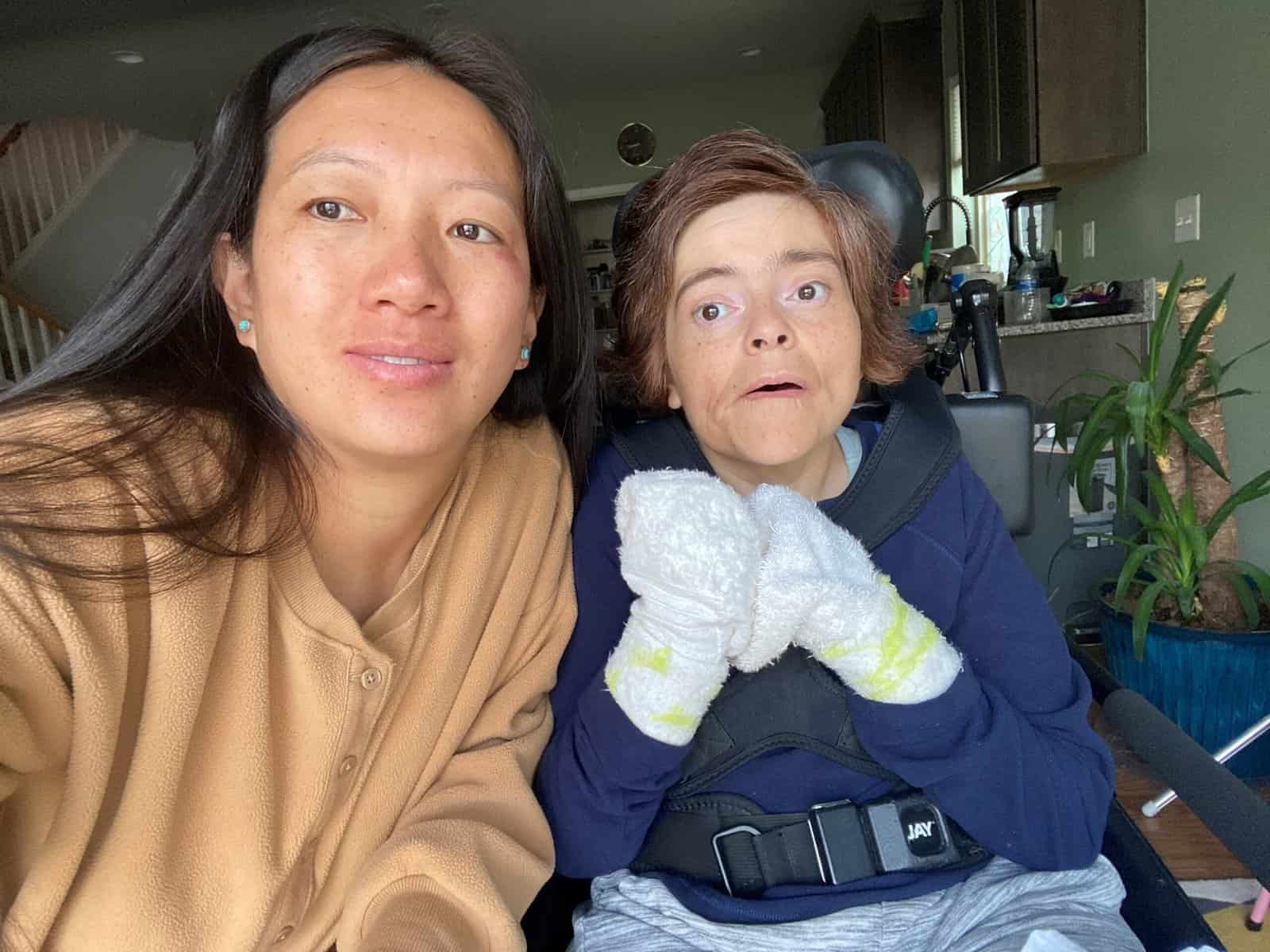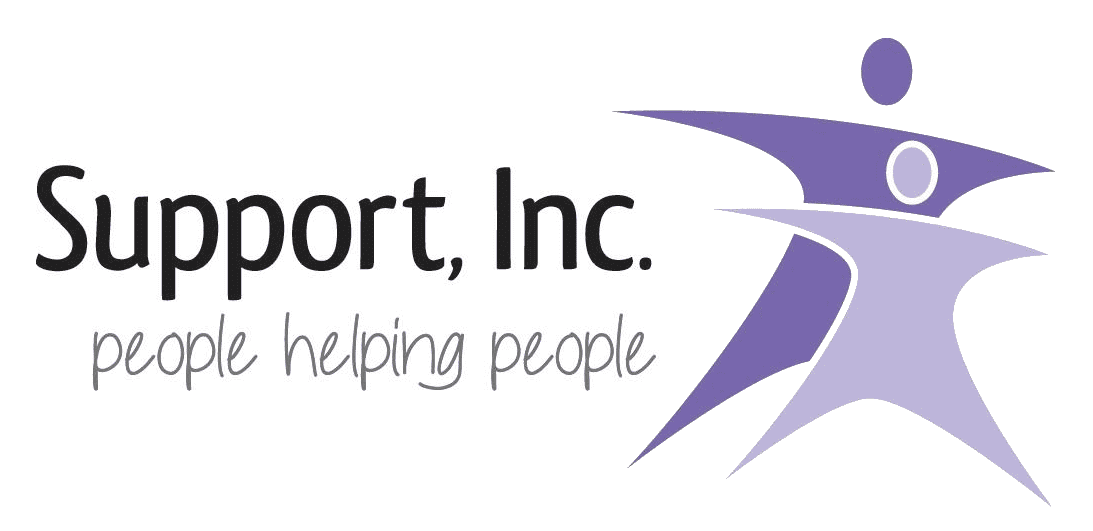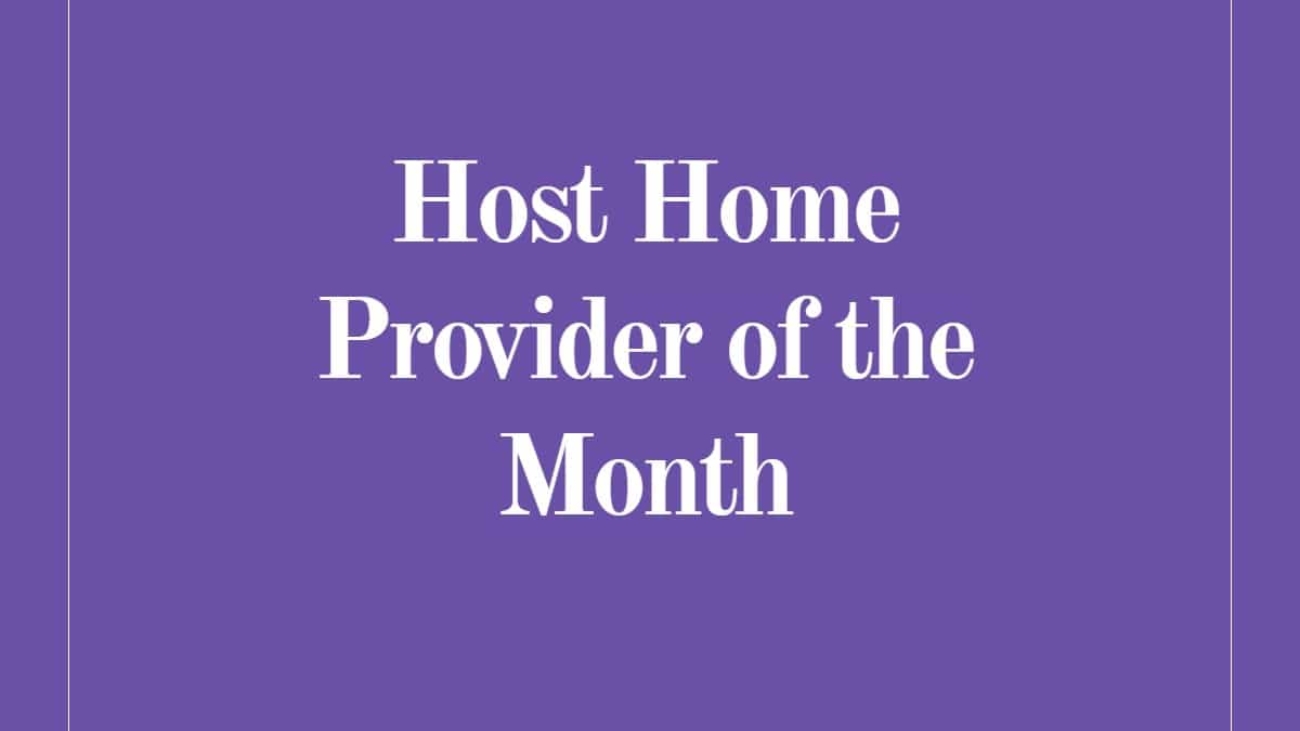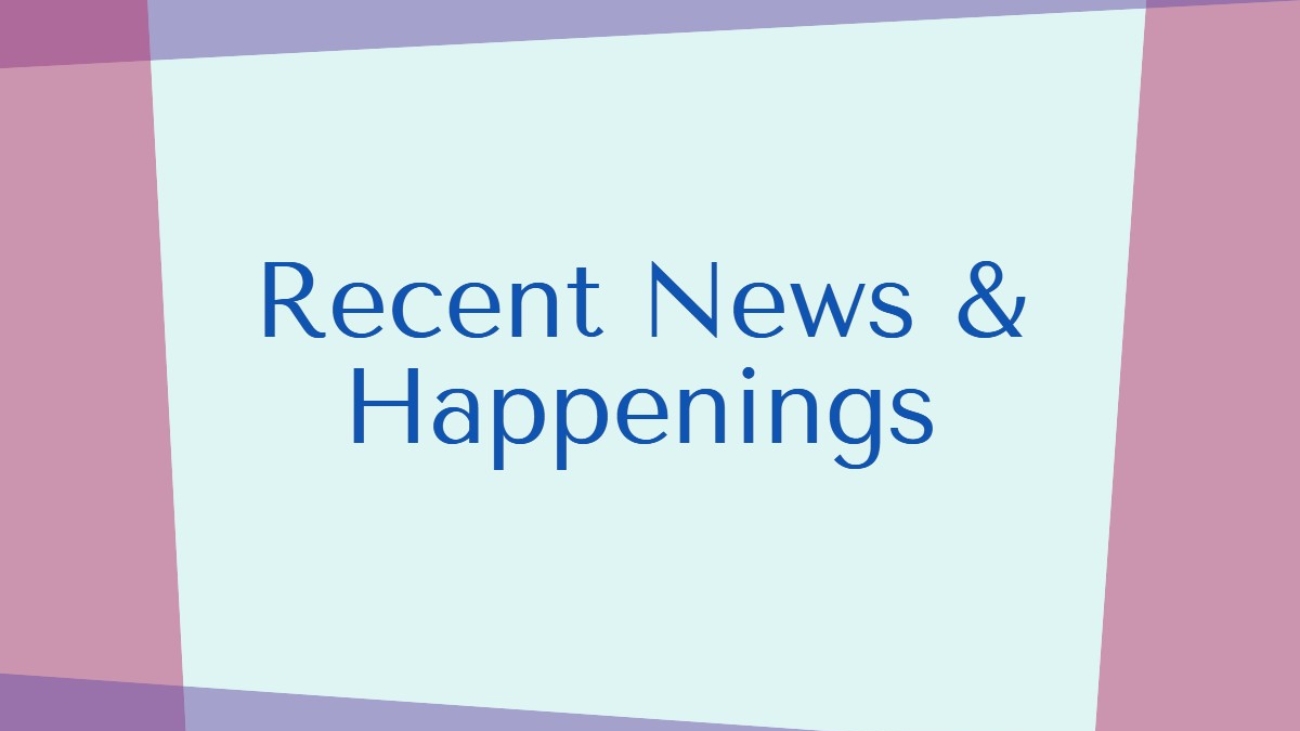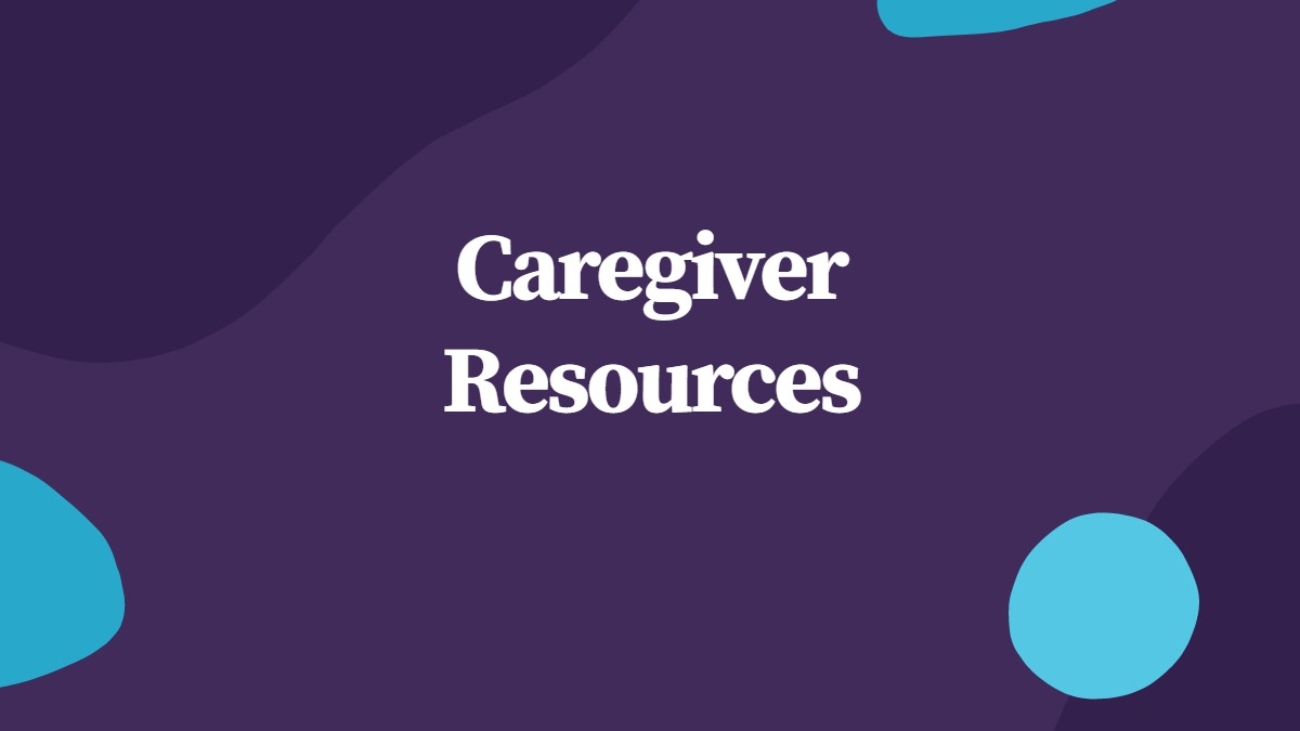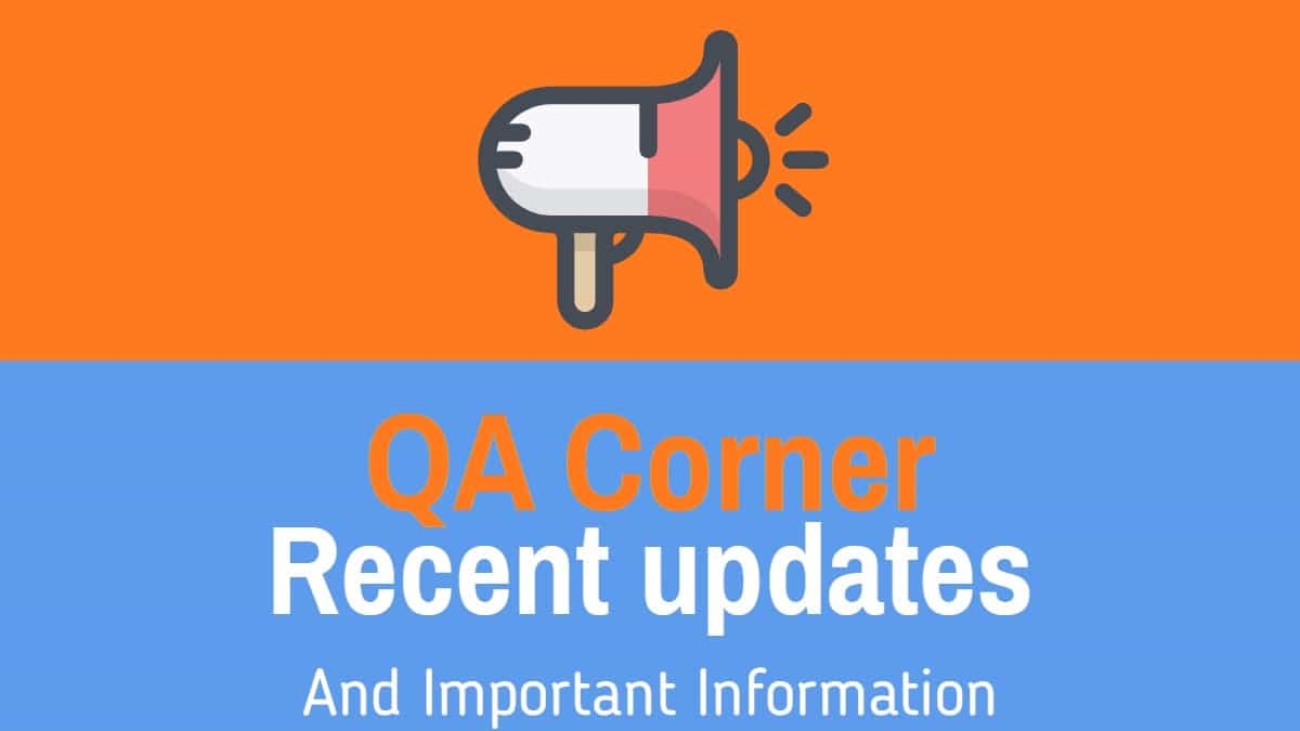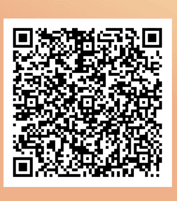Please join us in congratulating Rigzin on her award! This write-up was produced by Abby on the Loveland Team-
I would like to nominate Rigzin for HHP of the month. After living with her family her whole life, Andrea moved in with Rigzin last November. This was a huge transition and change for Andrea. Since then, Rigzin has given her a safe environment to live her best life. She feels that her and Andrea were “meant to be” when it comes to being a host home provider.
On my home visits, Andrea has been more engaged and smiling more each time I go for a visit. Rigzin also makes sure that Andrea is still able to connect and spend time with her family, who are very important to her. Other than helping Andrea stay happy and healthy, Rigzin also excels on the paperwork side and always ensures that documentation is completed and turned in in a timely manner. She is great at communicating with Andrea’s team, and always stays on top of everything.
Thanks again, Rigzin, for being such a wonderful provider!!
